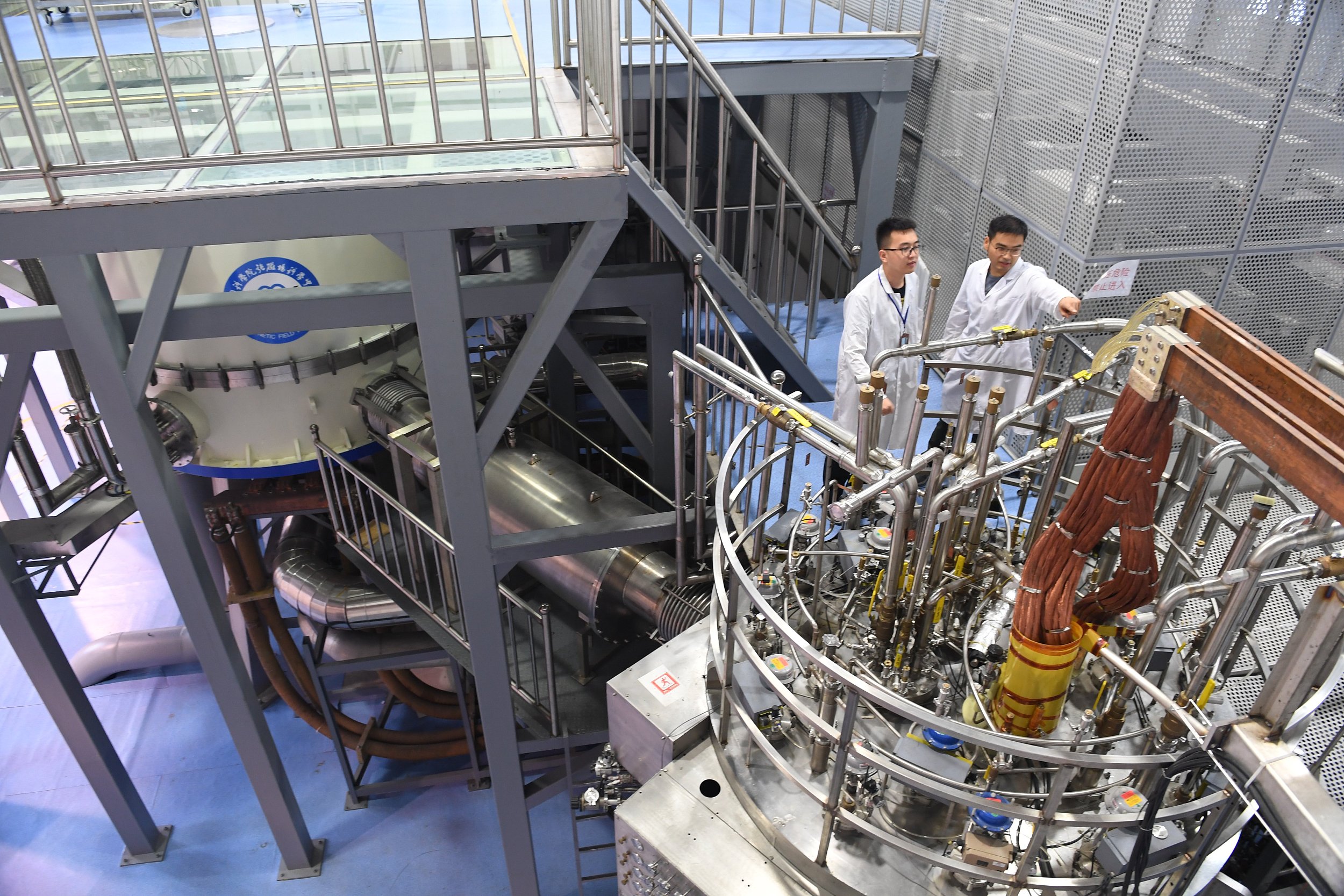Sci-tech Guidelines Prove China's Commitment to a Safer World
By Musundali Bhuiyan
While the value of modern science and technology is indisputable, the abuse of this essential part of human development is unfortunately on the rise across the world. People often fall prey to cybercrimes, ranging from financial fraud, human trafficking and child pornography, to intellectual property, stolen identities, and privacy violation. Various media have reported that during the ongoing devastating pandemic, cybercrimes have witnessed a rise of more than 600 percent.
The more we use science and technology, the more our security and financial health becomes vulnerable. The abuses of science and technology have gained so much traction, that investment guru Warren Buffett describes cybercrimes as the number one problem facing humanity, poses real risks.
Cybersecurity ventures have predicted that global damage incurred as a result of cybercrime would cost up to 10.5 trillion USD annually by 2025. The Center for Strategic and International Studies (CSIS), in partnership with McAfee, concludes that nearly one percent of global GDP, close to 600 billion USD, is lost to cybercrime annually.
As a global leader in science and technology, China constantly demonstrates its commitment to ensuring a safer Internet for the world. In delivering on its commitment, China has recently released a set of guidelines to strengthen the governance of ethics in science and technology, given the rapid progress of the country's sci-tech innovation and the growing challenges facing ethics in this field.
The guidelines have reflected China's humanity first policy, as the document clarified the ethical principles in science and technology, saying that scientific activities should serve the well-being of humanity, respect people's right to live, adhere to fairness and justice, control risks in an appropriate way, and maintain openness and transparency.
Experts in the field believe that China has come up with such guidelines to get to the core of immoral practices, by declaring that ethics compliance should be emphasized throughout the process of scientific research and technological development.
The guidelines have outlined the silver lining for children and youth by recommending that authorities should encourage colleges and universities, scientific research institutions, medical institutions, social groups, and enterprises to improve the monitoring and early warning mechanism for ethical risks, and follow-up development in emerging sci-tech fields.
It is believed by observers that the guidelines will rein in the immoral uses of science and technology, because China is a country that has established the rule of law. Experts are also optimistic that the guidelines have clarified that the governance of science and technology should be based on laws and regulations, and should suit the conditions of the country and be free from external influence.
The guidelines have also brought good news to many developing countries by emphasizing further opening up and cooperation with the world. As a Bangladeshi journalist, I know that the incumbent government of my country has long been trying to realize its dream of Digital Bangladesh, for which there is no alternative to modern science and technologies.
Meanwhile, the current world order is more focused on good governance. According to the United Nations, good governance is measured by the eight factors of participation, rule of law, transparency, responsiveness, consensus oriented, equity, and inclusiveness. Most of these factors are interlinked with the uses of science and technology. More participation, transparency, responsiveness, and inclusiveness is possible by converting government services to digital. The guidelines themselves have also underscored the adherence to fairness and justice, and maintain openness and transparency.
Many nations like Bangladesh can benefit from, and forge ahead with, bilateral and multilateral cooperation with China in ethics education in science and technology, the institutionalization of ethical training programs, and the popularization of ethical codes among their respective people.
Musundali Bhuiyan is a Bangladeshi journalist now based in Beijing.


